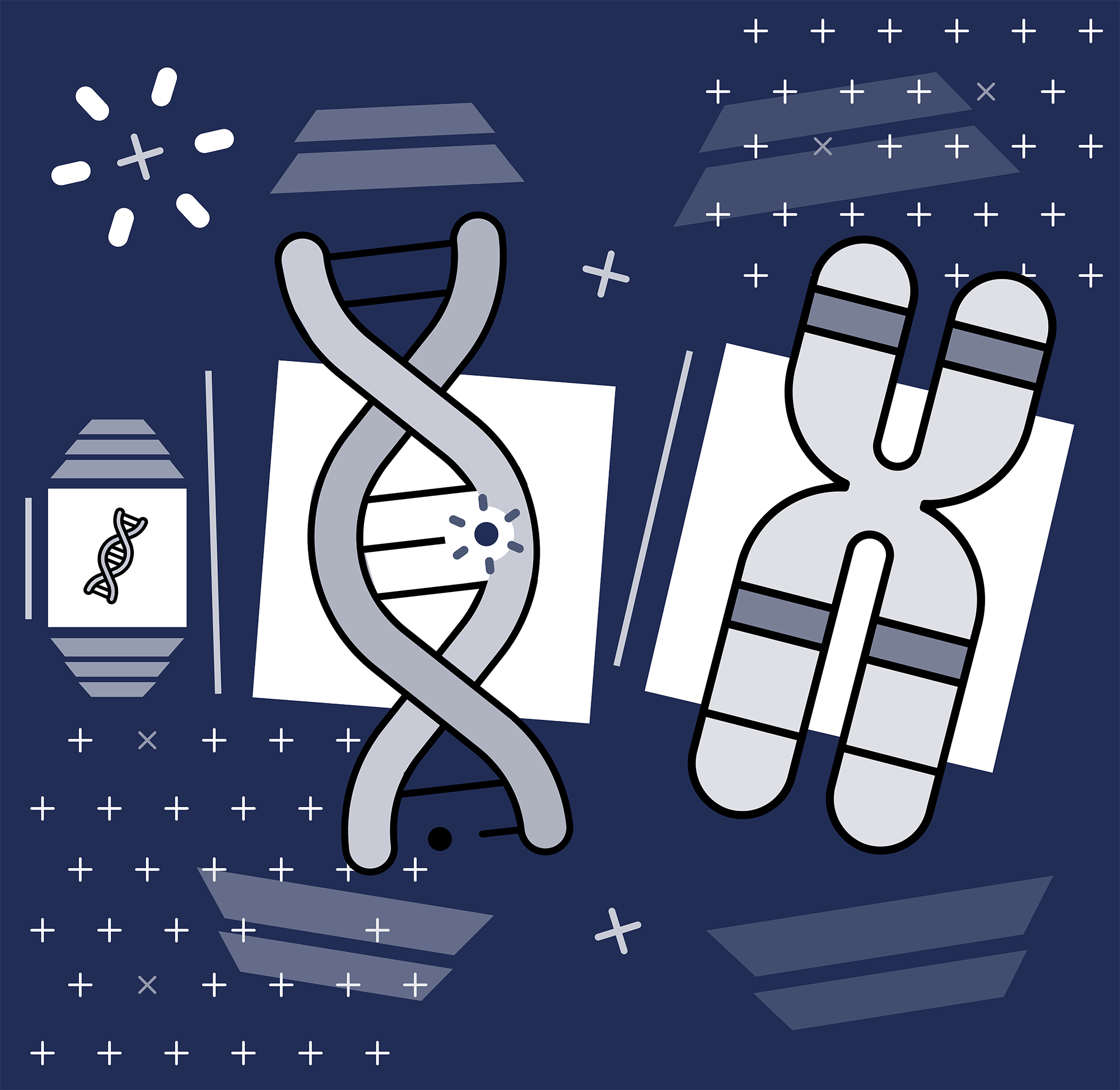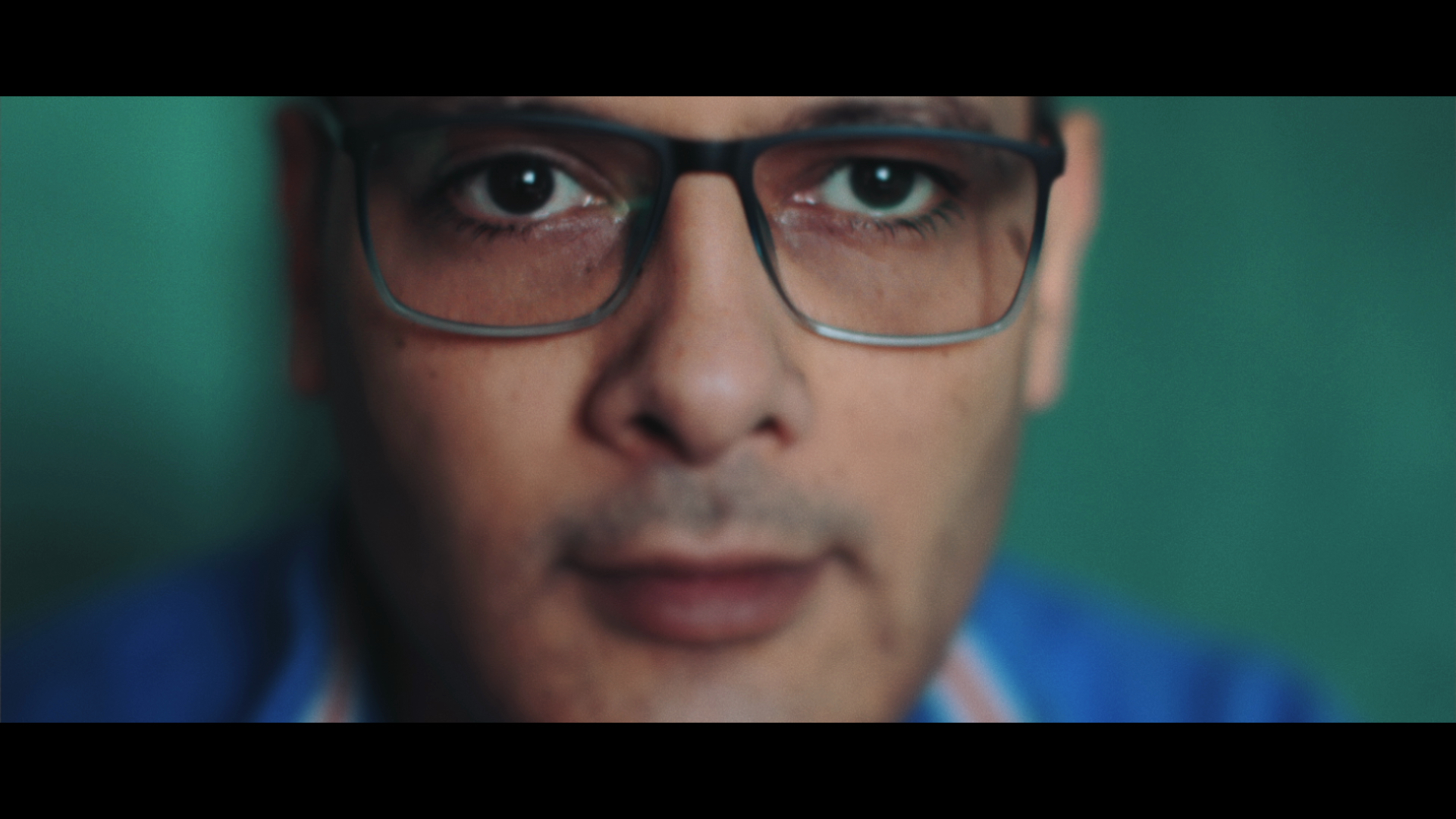
Applying for research funding
We provide funding for innovative, high quality research projects investigating the causes and potential treatments for all forms of inherited retinal disease.
Search results

We provide funding for innovative, high quality research projects investigating the causes and potential treatments for all forms of inherited retinal disease.

Prof Dominic Ffytche will provide an explanation of what Charles Bonnet Syndrome is, the science behind it, and share some potential coping strategies for people who experience visual hallucinations.

Inherited progressive sight loss is caused by a range of rare genetic conditions. We specialise in those which affect the retina.
Early results from clinical testing of a gene therapy to treat X-linked retinitis pigmentosa (XLRP) have shown partial reversal of sight loss in some patients.

Retina UK has a number of online support resources which we offer via social media.

Genes exist inside all the cells that make up your body. They contain genetic code (DNA) and provide instructions for constructing proteins, which are the building blocks of our bodies and perform a huge variety of roles.

We talk to BBC reporter Ramadan Younes and Professor Robert Maclaren following the BBC documentary Blind Faith
Biotechnology company Kiora Pharmaceuticals has been given the go-ahead to start in-human testing of a novel “small molecule” treatment, known as KIO-301, for advanced vision loss in retinitis pigmentosa (RP). The phase 1b clinical trial will take place in Adelaide, Australia, and will begin enrolling participants towards the end of 2022.
Luxturna, a gene therapy, is only for the treatment of Leber congenital amaurosis type 2 (LCA2) and severe early-onset RP caused by mutations in a specific gene called RPE65.
Biotechnology company MeiraGTx has announced encouraging news from its phase 1/2 clinical trial of botaretigene sparoparvovec (previously known as AAV-RPGR), a gene therapy aimed at X-linked retinitis pigmentosa caused by faults in the RPGR gene.